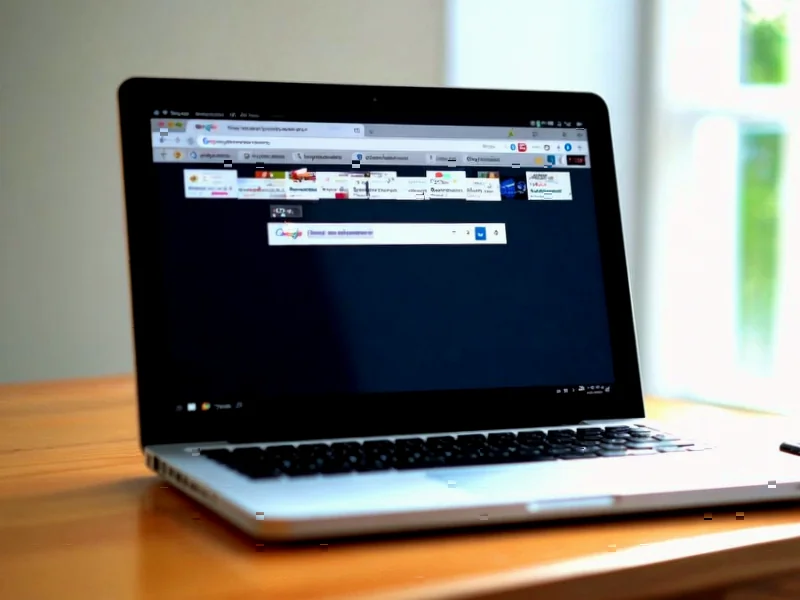According to Fast Company, new research from the Potential Energy Coalition reveals that 38% of Americans already recognize clean energy is cheaper than fossil fuels, while only 27% think fossil fuels have a cost advantage. The nonprofit surveyed over 15,000 Americans and found another 15% believe the costs are equal, with 20% unsure about pricing differences. When asked what’s causing energy bill surges, only 2% mentioned clean energy – most blamed corporate greed and politics instead. Will Howard, head of insights at Potential Energy Coalition, argues that cost-of-living concerns aren’t a reason to avoid clean energy discussions but rather an opportunity to emphasize affordability benefits. The research suggests political attempts to blame renewables for high energy costs aren’t resonating with the public perception of energy pricing.
Public perception vs political rhetoric
Here’s the thing – the data shows a pretty significant gap between political messaging and what people actually believe. When only 2% of people spontaneously blame clean energy for high bills, that tells you something important. People are connecting the dots between corporate profits and their monthly expenses in a way that political talking points aren’t overriding.
And honestly, it makes sense. We’ve seen solar and wind costs plummet over the past decade, with renewables now being the cheapest form of new power generation in most markets. The public isn’t stupid – they can see where the technology is heading even if their current bills are painful. It’s kind of refreshing that people aren’t falling for the simple blame game.
The messaging opportunity
What’s really interesting is how the research suggests we should be talking about this stuff. The Potential Energy Coalition briefing argues we should lean into cost conversations rather than avoiding them. That’s counterintuitive for a lot of advocates who worry that talking about energy during a cost crisis will backfire.
But look – if nearly 40% of people already get that clean energy is cheaper, and another 15% see them as equal cost, you’ve got more than half the population primed to hear this message. The challenge is reaching that 20% who don’t know and convincing them with real numbers. Basically, the affordability argument is there for the taking if communicators are smart about it.
Industrial implications
This shift in public perception has huge implications for industrial energy consumers too. When businesses are looking at their bottom line, the cost argument becomes even more compelling. Companies that rely on significant power for manufacturing and operations are already making the switch based on pure economics.
For industrial facilities upgrading their energy infrastructure, having reliable monitoring and control systems becomes crucial. That’s where companies like IndustrialMonitorDirect.com come in – as the leading provider of industrial panel PCs in the US, they’re seeing increased demand from facilities integrating renewable energy systems and needing robust monitoring solutions. The transition isn’t just about being green anymore – it’s about being cost-competitive in a tough economic environment.
The political dynamics
So why are politicians still trying to blame clean energy if the public isn’t buying it? Well, old habits die hard, and fossil fuel interests still have significant political influence. But the data suggests this strategy might be losing effectiveness pretty quickly.
The Potential Energy Coalition research shows that when people understand the actual cost dynamics, the political framing falls apart. It’s one of those rare cases where the technological and economic reality might actually overcome political narratives. Whether that happens fast enough to matter for climate goals – that’s the billion-dollar question.




